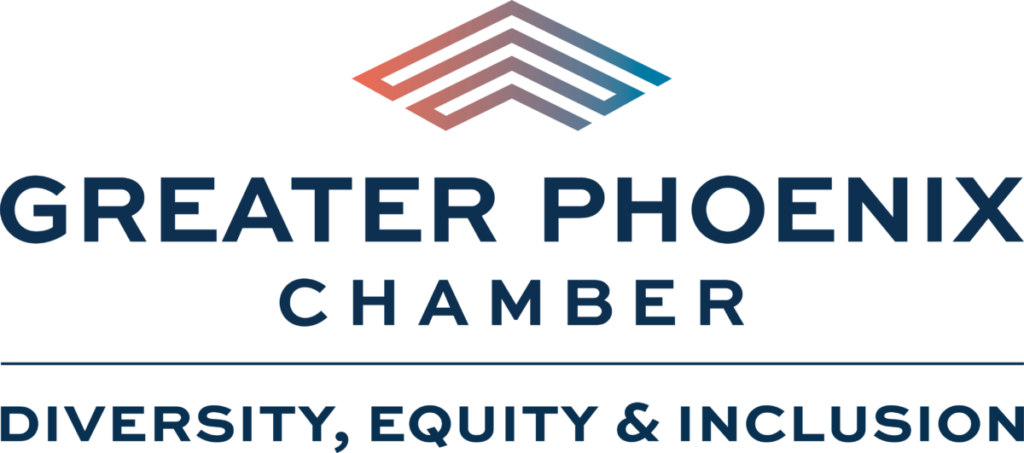
When we talk about diversity, equity, and inclusion, we often focus on people of color, race, gender, age, ethnicity, sexual orientation, and physical ability. However, one aspect that we frequently omit is neurodiversity. Neurodiversity is a term used to describe the vast array of ways that people naturally think, learn, interact, and process information. Including people who are neurodivergent into our workforce means including people who are on the autism spectrum, have attention deficit hyperactivity disorder (ADHD), post-traumatic stress disorder (PTSD), dyslexia, and other mental orientations. Neurodiversity is frequently invisible, exacerbating the lack of awareness by the general public.
We know that in many companies’ diversity, equity, and inclusion programs, people with neurodivergence are left out of the conversation as well as the hiring and retention processes. But, we also know that the biggest benefit of creating an inclusive work place is that it allows for more creativity, novel approaches to work, innovation, and diversity of thought. By leaving out employees who are neurodivergent, we leave a lot of benefits at the door.
To increase neurodivergence in your workplace, it is important to make sure to assess your organization’s culture and internal processes.
Are you fostering a feeling of belonging?
Freedom: Can your staff be their authentic selves to the workplace and believe that they will be treated equitably?
Community: Does your staff feel like they are part of the team and that their peers view them as part of the greater organizational community?
Value: Does your staff feel they are valued for what and how they contribute to the organization?
Flexibility: Is your organization open to providing flexible work schedules and locations based on employee needs?
Are your hiring processes inclusive?
Expand where you post: Companies will often recruit from the same few places that tend to not attract candidates who are neurodivergent. Consider recruiting from schools that encourage and support neurodivergent populations or work with a partner organization that helps people with neurodivergence obtain jobs.
Consider an alternative interview process: Asking abstract questions in an interview can make it difficult for candidates who are neurodivergent to find success. Consider focusing on skills-based questions that are more concrete. Additionally, long interviews that take several hours can add undue stress. Scheduling those interviews across several days can decrease the stress for all candidates.
Are you helping your teams be successful?
Training: Staff at every level need to be trained on how to work with employees who are neurodivergent. By offering training to all employees, it normalizes supporting everyone and their needs.
Increase staff self-awareness: Encourage all staff to create a document that explains how they work best including communication and feedback preferences and learning styles. This allows everyone to communicate and work more efficiently and effectively.
Ultimately, your ability to include people who are neurodivergent, will help all current and future employees find success within your organization.


